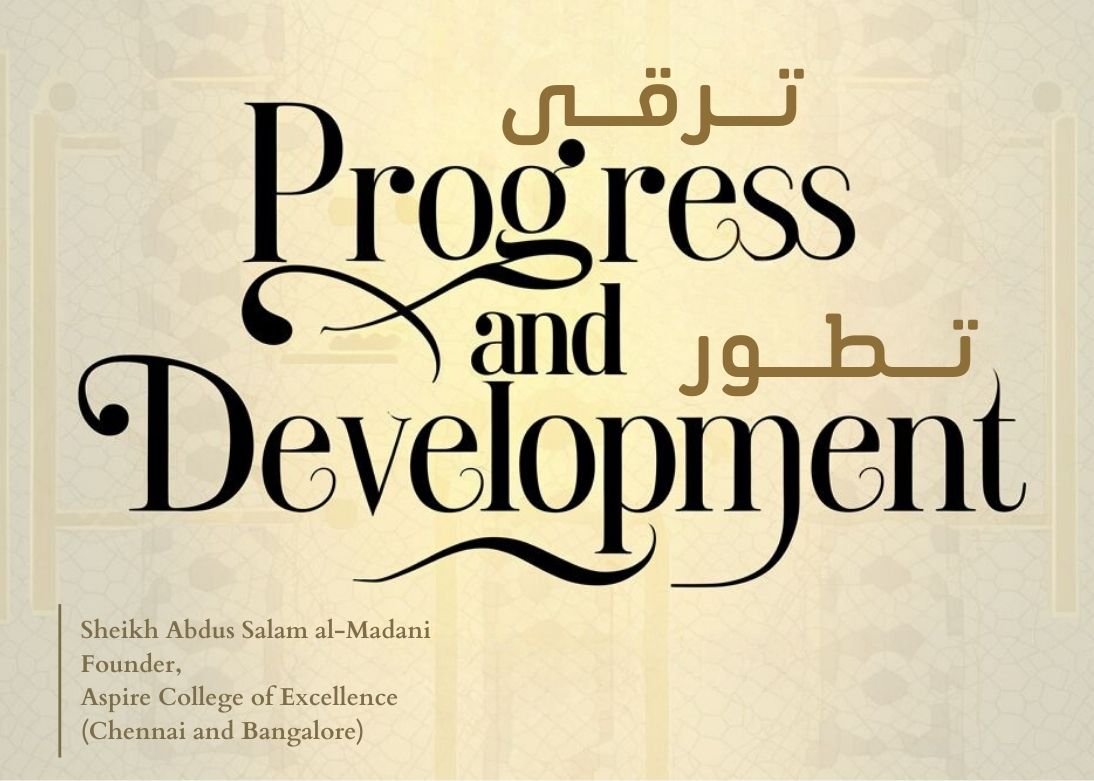
Islamic centers, groups, organizations are active in collecting zakah and donation, it is good. May Allah reward them with the best. But, it is also becoming the norm to take a percentage from the collected amount of zakah, which is not allowed at all. They may justify their taking from the third category of recipients of Zakah in the verse:
“As-Sadaqaat (Zakaah) are only for the Fuqaraa’ (poor), and Al‑Masaakeen (the poor) and those employed to collect (the zakah)...” [al-Tawbah 9:60]
The third category in this verse is widely misinterpreted and misunderstood.
We know that all governments appoint officials to collect tax, revenue, fine etc. Billions and trillions in taxes are being collected by the salaried officials, specifically appointed for this task.
Similarly, the Prophet (PBUH) and the Muslim rulers throughout history, appointed officials to collect the zakah money and they used to get the salary for that. It never happens in Islamic or non Islamic governments to appoint people whose salaries are based on percentage of collections. Hence, taking a percentage of the Zakah which is the individual religious duty of every rich Muslim is not proven in the Shariah at all.
Those who give or take a percentage of Zakah to the collectors are basically damaging the rights of the poor people, and there is no shar'i evidence that allows them to take this percentage.
As for taking the percentage in general donation, it is allowed, provided they must clearly announce and remind time to time that they or the organization takes a certain amount of the donation.
If they don’t announce and don’t remind, then it is forbidden for the organizations and individuals to take the percentage, because the amount should be strictly spent only for the purpose it is raised.
For example if we raise funds to pay the house rent of a desperate widow, it becomes obligatory to spend it for that purpose only, we can’t spend on her clothing, because a Muslim always stands by his words. If we want to take a percentage or the administrative charges, then at the time of raising funds itself we are required to add without fail that, “A widow is in need of one lakh rupees plus 10 % of the amount for fundraiser or administrative purposes of the organization”.
If we feel shame in doing this from the public then why don’t we feel shame from the Creator??? Hope we can understand the flaw in this act of percentage!
It is forbidden to raise the funds promoting such emotional cases to make the money. The more we promote such cases the more we benefit. Are we guilty of promoting causes with a view towards ensuring our sustainability?
To justify our percentage and our fundraising drives, we try our best to document our distribution. Can you show me any evidence from our history where the Zakah or sadaqa giver or the zakah collecting institutions used to document it and publicize their distribution(in a bid to ensure continuity of funds)?
When the practice of “percentage” started we needed perfect documentation. And more professionals jumped into this activity, sidelining the religious Scholars who used to do this job throughout history without making money or tampering with the pristine altruism of the whole process.
There are situations when documentation might be needed, but now it has become compulsory and is being done professionally, which at times leads to a lot of hurt and humiliation for the receivers, while Allaah says in the Quran “O you who believe! do not make your charity worthless by reproach and injury…" (2:264)
Might be for the purpose of legitimizing our role in this process, we are reducing the reward of the Zakah giver and hurting the receiver.
May Allah guide us towards halal earning and give us the correct understanding of the Deen.
Sheikh Abdus Salam al Madani
Founder,
Aspire College of Excellence (Chennai and Banglore)
Comments (0)
Categories
Recent posts


Era of Arrogance
6 Feb 2024
Tears of a Man
13 Feb 2024
GST or Zakah
9 Apr 2024




